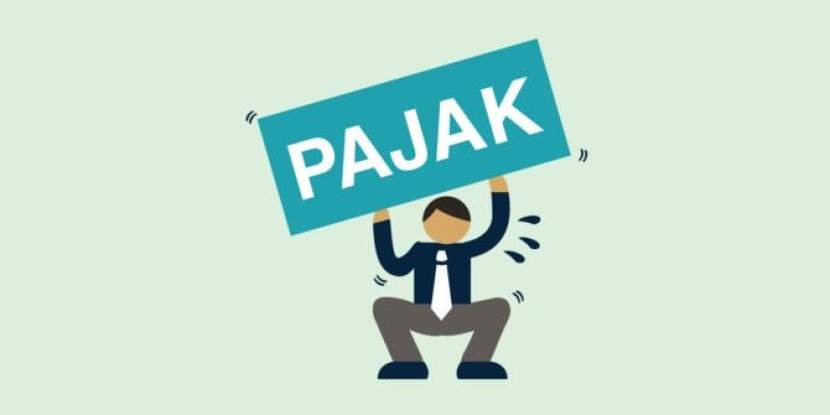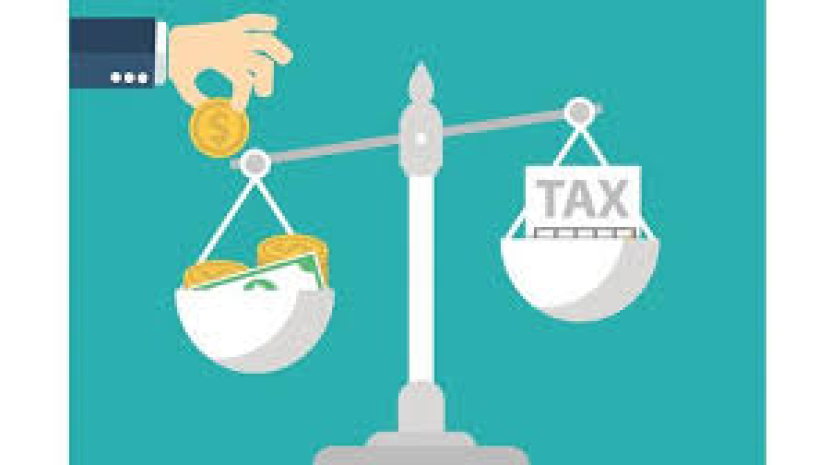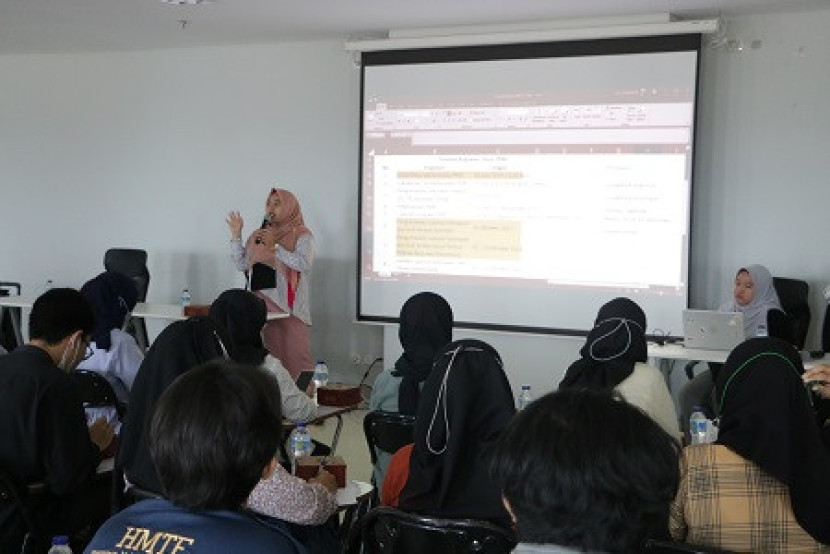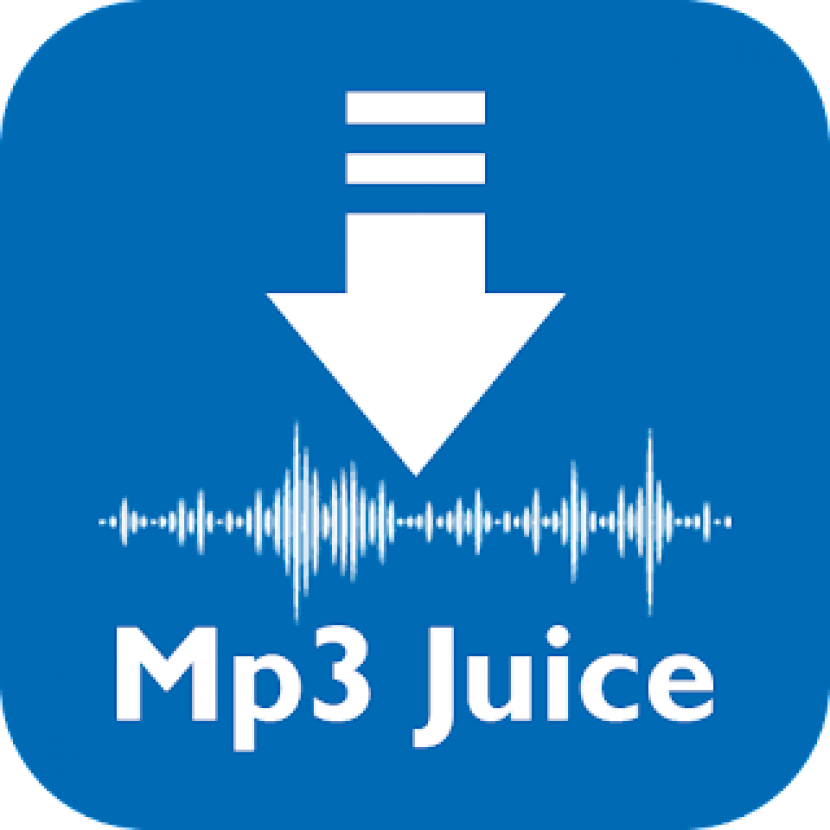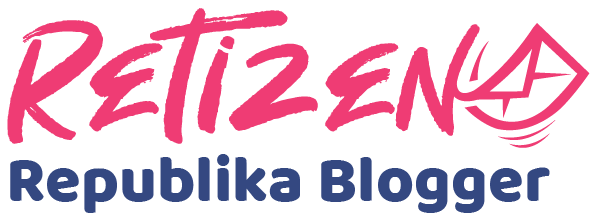 Nur Ariskawati
Nur Ariskawati
"Zakat Qanun Aceh: An Exploration of the Confluence of Zakat and Taxes"
Agama | 2023-05-21 17:01:13Zakat and taxes are two types of financial obligations that every able-bodied Muslim in Aceh must fulfill. Zakat is a religious obligation, while taxes are a state obligation. These two obligations have differences and similarities in meaning, legal basis, purpose, source, subject, object, tariff, management and use. This article will briefly discuss the meaning of zakat and taxes as well as their importance and comparison. Apart from that, this article will also review the Aceh Qanun on Zakat which is one of the legal products that regulates zakat in Aceh. Furthermore, this article will highlight the impact of zakat and taxes on Aceh's development, as well as challenges and opportunities in their implementation.

Definition of Zakat vs Tax
Zakat is one of the fifth pillars of Islam which means cleaning or purifying assets by removing some of the assets that have reached certain conditions to be given to those who are entitled to receive them (asnaf). Zakat is obligatory for every Muslim who is able (muzakki) to help their brothers and sisters in need (mustahik). Zakat is also a way to eliminate social and economic disparities in society.
Taxes are obligatory contributions paid by taxpayers to the state based on law without receiving direct compensation. Taxes are a source of state revenue that is used to finance public expenditures such as infrastructure development, education, health, defense, and others. Tax is also a tool to regulate the country's economy through fiscal policy.
Zakat and taxes are very important for Aceh because both of them can help Aceh's development from a social and economic perspective. Zakat can help reduce poverty, alleviate suffering, foster social solidarity, improve quality of life, and get closer to Allah SWT. Taxes can help increase state revenues, finance public spending, regulate the country's economy, stimulate economic growth, and create social justice.
Qanun Aceh Zakat
Aceh Zakat Qanun is one of the regional law products that regulates zakat in Aceh. This Qanun is the implementation of Law Number 11 of 2006 concerning the Government of Aceh (UUPA) which gives special authority to Aceh to regulate its own government affairs including religious affairs. This Qanun is also a form of respect for Islamic values as the basis for the identity of the Acehnese people.
Aceh Qanun on Zakat was ratified in 2014 with number 7 of 2014. This Qanun regulates important aspects related to zakat in Aceh such as the definition of zakat, the types of zakat, the subject of zakat, the object of zakat, the zakat rates, the management of zakat, the use of zakat , supervision of zakat, sanctions for violating zakat, and others.
The Aceh Qanun on Zakat stipulates that zakat is one of Aceh's original regional revenue (PAD) which is managed by Baitul Mal Aceh as the official LPZ of the local government. Baitul Mal Aceh is responsible for collecting zakat from muzaki (people who pay zakat) and distributing it to mustahik (people who are entitled to receive zakat) in accordance with the provisions of Islamic law.
Aceh Qanun on Zakat aims to:
- Carrying out zakat management in a professional manner in accordance with Islamic law.
- Increasing the awareness of the people of Aceh to pay zakat as part of the pillars of Islam.
- Increasing the receipt of zakat as a source of funding for Aceh's development.
- Increase the empowerment of mustahik as beneficiaries of zakat.
- Increasing cooperation between local governments, zakat institutions, and the community in terms of zakat.
The Impact of Zakat and Taxes in the Development of Aceh
Zakat and taxes have a positive impact on Aceh's development from an economic and social perspective. From an economic perspective, zakat and taxes can increase regional income which can be used to finance various development programs in the fields of infrastructure, education, health, agriculture, industry, tourism, and others.
From a social perspective, zakat and taxes can improve the welfare of the people of Aceh by reducing economic inequality and poverty. Zakat can help empower mustahik to be economically independent through the provision of business capital, educational assistance, health assistance, social assistance, and others. Taxes can help provide public facilities that can be enjoyed by all people regardless of religion or class.
Challenges and Opportunities in Implementation of the Aceh Qanun on Zakat
Implementation of the Aceh Qanun on Zakat is not easy because there are still several challenges that must be faced by the local government and the people of Aceh. Some of these challenges include:
- Lack of awareness of muzaki to pay zakat to Baitul Mal Aceh as the official LPZ of the local government. Many muzaki prefer to pay zakat directly to mustahik or other social institutions without going through Baitul Mal Aceh.
- Lack of transparency and accountability of Baitul Mal Aceh in managing zakat. Many muzaki doubt the performance of Baitul Mal Aceh in terms of collecting, distributing, reporting, and supervising zakat.
On the other hand, the implementation of the Aceh Qanun regarding Zakat also has several opportunities that can be utilized by the local government and the people of Aceh. Some of these opportunities include:
- Increasing the potential for zakat in Aceh in line with regional economic growth. According to Baitul Mal Aceh data for 2022, the potential for zakat in Aceh reaches IDR 2 trillion per year with realization of only around IDR 200 billion per year.
- Increased awareness of muzaki to pay zakat as part of their worship and social obligations to Allah SWT and fellow human beings.
Disclaimer
Retizen adalah Blog Republika Netizen untuk menyampaikan gagasan, informasi, dan pemikiran terkait berbagai hal. Semua pengisi Blog Retizen atau Retizener bertanggung jawab penuh atas isi, foto, gambar, video, dan grafik yang dibuat dan dipublished di Blog Retizen. Retizener dalam menulis konten harus memenuhi kaidah dan hukum yang berlaku (UU Pers, UU ITE, dan KUHP). Konten yang ditulis juga harus memenuhi prinsip Jurnalistik meliputi faktual, valid, verifikasi, cek dan ricek serta kredibel.

